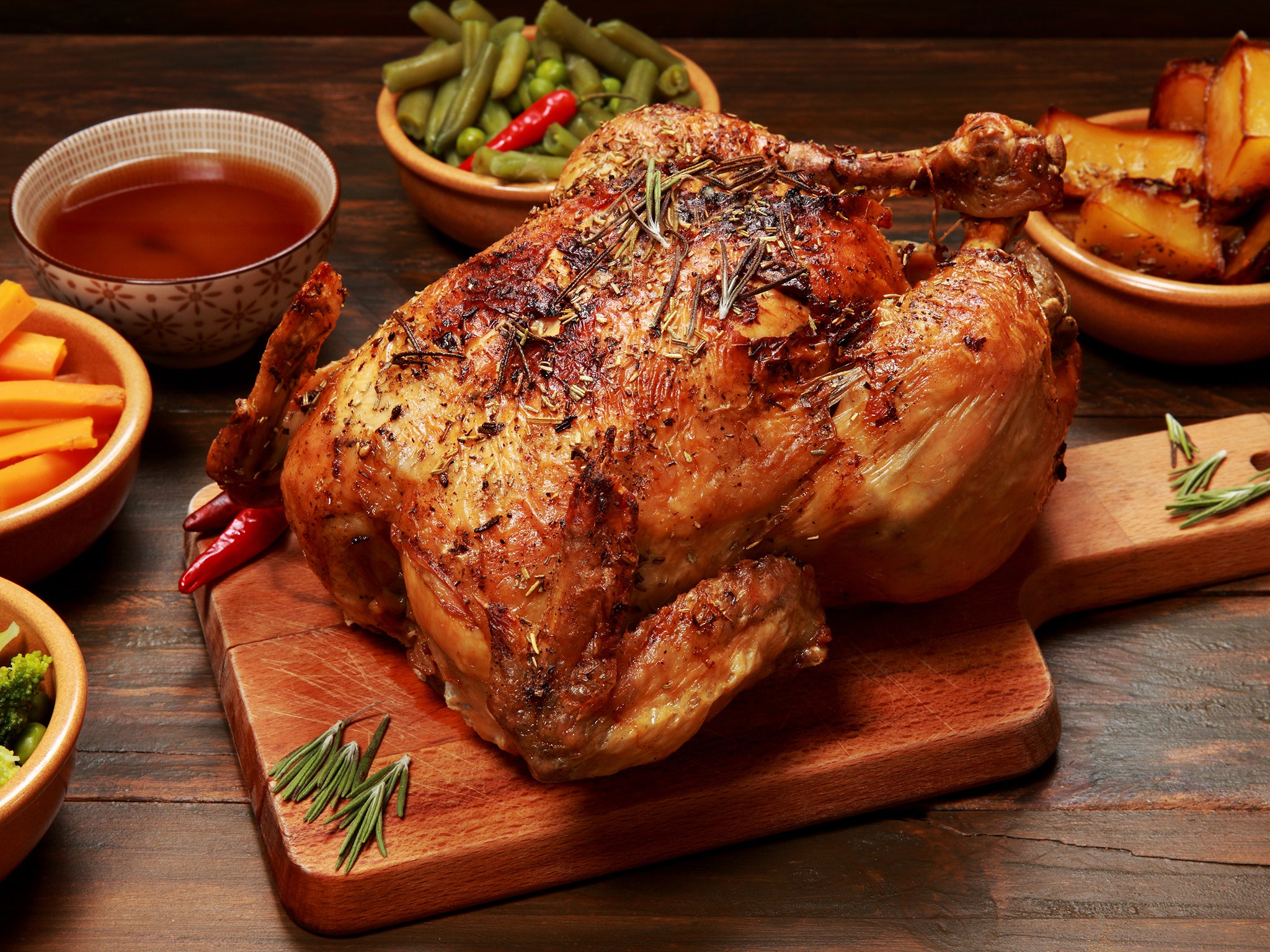Eating white meat was meant to be good for you – now, apparently not
Swapping chicken for seafood and avoiding overcooking could cut the risks associated with eating too much white meat, the authors of a new study suggest
Regularly eating chicken could double the risk of dying from gastrointestinal cancers, a study has suggested.
With red meat long been linked to an increased risk of bowel cancer, chicken and other white meat have typically been considered less of a threat for illnesses.
Chicken is thought to help reduce health risks like increased cholesterol and inflammation, as well as being a budget-friendly source of protein.
But a study by Italian scientists, published in the journal Nutrients, which followed the diets of almost 5,000 people over two decades, has suggested poultry also has health risks.

The study, which ran from 2006 to 2024, focused on participants’ meat consumption before tracking causes of deaths, and taking into account factors like smoking status and body weight.
Researchers found that those who ate more than 300g of poultry a week had a 27 per cent higher risk of dying than those who ate less than 100g a week, with the risk of cancers and cardiovascular disease increasing.
Those who ate more than 300g of poultry were twice as likely to die from gastrointestinal cancers, than those who had less than 100g, according to the study.
The authors from Italy’s National Institute of Gastroenterology could not be sure why there was an increased risk but offered several theories.

One explanation is that the feed - hormones or medication given to poultry on farms - could be increasing the cancer risk in humans.
The study found eating 300g of chicken a week increased the risk of 11 different types of gastrointestinal cancers, including cancers affecting the stomach, bowel, bile duct, anus, gallbladder, liver, pancreas, rectum, small intestine and the soft tissue in the abdomen.
Swapping poultry for plant-based proteins and seafood and avoiding overcooking meat were identified as some of the possible ways of reducing thee risks.
“We believe it is beneficial to moderate poultry consumption, alternating it with other equally valuable protein sources, such as fish. We also believe it is essential to focus more on cooking methods, avoiding high temperatures and prolonged cooking times,” the study authors concluded.
However, the researchers acknowledged several limitations in the study, including not recording how the poultry was being cooked and eaten in the dietary data, meaning some may have been eating fast-food while others eating healthier home-cooked meals.
The study authors concluded: “It is important to learn more about the long-term effects of this food category, white meat, that is widely consumed by the world population who, perhaps mistakenly, consider it healthy in absolute terms.”
Join our commenting forum
Join thought-provoking conversations, follow other Independent readers and see their replies
Comments
Bookmark popover
Removed from bookmarks